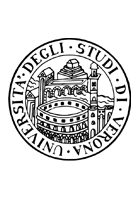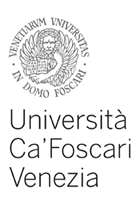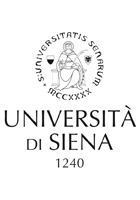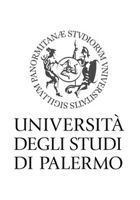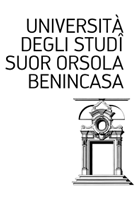Collezione De legibus
The laws collection is aimed at enhancing the hybrid nature of texts, both literary and documentary.

The laws collection is aimed at enhancing the hybrid nature of texts, both literary and documentary.
One can find here works related to ars dictaminis and dealing with the normative reflection on notaries, like Summa notarie of John of Bologna, the Formularium Florentinum (an illustrative collection dated 1220 to 1240) or the Tractatus positionum, attributed to the famous jurist Martino da Fano (13th century).
In 12th/14th-century Italy various and conflicting experiences coexist, ranging from Municipalities to Signories, from Podestas to Kingdoms (in the South): the history of law has always been studied by historians since it provides precious information on the social transformations, the tensions and the developments in civic management, thus offering a fundamental analysis tool for Medieval Italy.
Alim gives the opportunity to explore works that attest to the aforementioned variety of political and social situations, from Constitutum consolum comunis Pistoriensis, the earliest evidence of an Italian municipal legislation (the original, a copy of which is reproduced in the edition, dates back to the first quarter of the 12th century) to the Assise of Ariano (partially attributed to Roger II), an invaluable document of the Southern society of the twelfth century in which the noble class and the royal power show themselves perfectly interpenetrating, and where the concept of social upheaval is welded to the feudal value of infidelitas.
The collection is also provided for the case studies of university regulations, here represented by those of the Studium of Arezzo, issued in 1255.
Of course, the expression of the right is not the exclusive preserve of secular sectors of society, and here includes, for purposes of example, the Constitutio archiepiscopi Capuani of Cancellarius Rainaldus. The reader who wants to deepen research in this sense can enjoy various privileges and episcopal acts in the section of the Documentary Sources.
The collection will be implemented with the link to a project for a digital edition of the Edict of Rothari (the important Code of Lombard civil and criminal law issued in 643).
